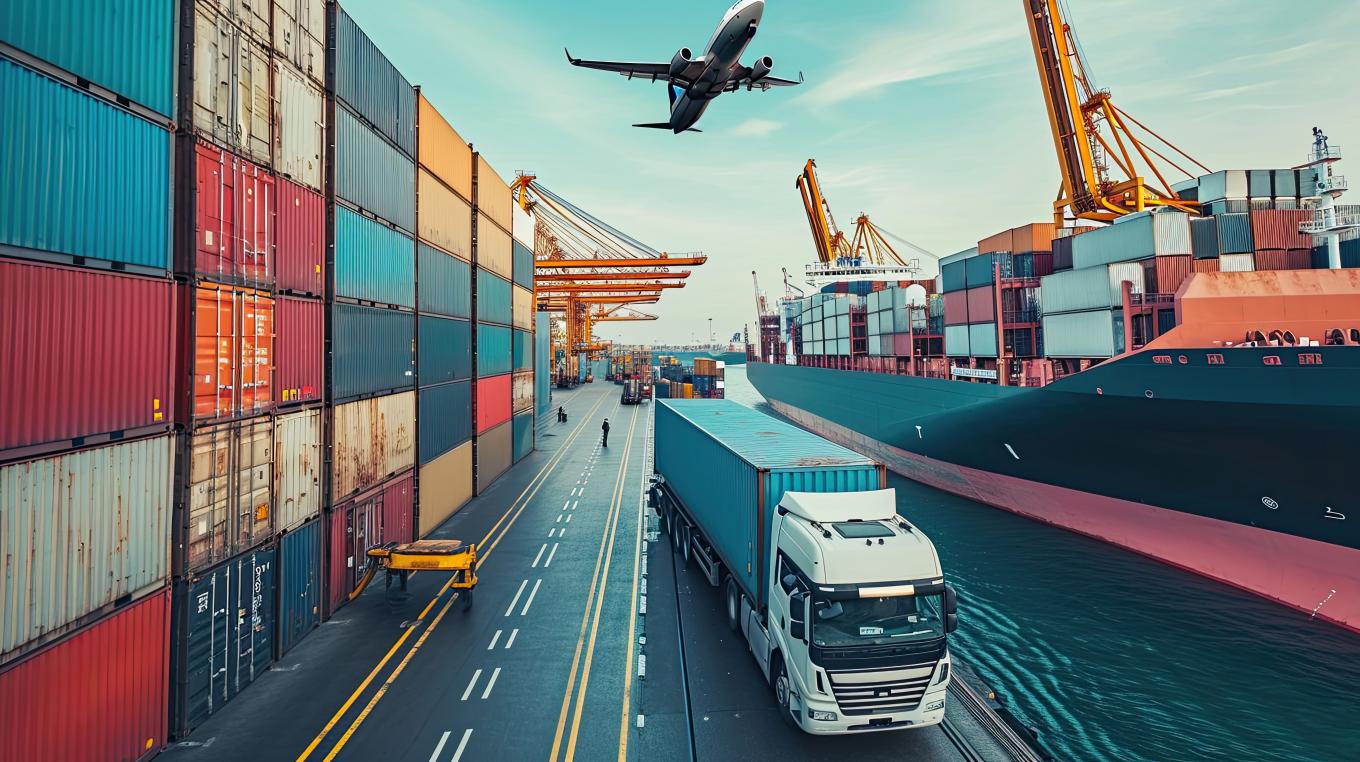Introduction: The Rise of E-Fuels in the Race towards Carbon-Neutrality
As the world strives for carbon neutrality, e-fuels or synthetic hydrogen fuels have emerged as an important solution for reducing emissions in the transport and industrial sectors. Their growing importance stems from the need to decarbonise existing infrastructures without abandoning traditional engines. Equans, a leader in innovative energy solutions, is at the forefront of this green transition, investing in e-fuel technologies that are critical to a sustainable future.
What Are E-Fuels?
E-fuels also known as electro-fuels are synthetic fuels produced by a combination of renewable energy, captured CO2 and hydrogen. These fuels aim to replace conventional fossil fuels in various applications, such as transport, aviation and industry, without the high carbon emissions associated with conventional fuels. The main component of e-fuels is hydrogen, which is usually produced by electrolysis using renewable electricity to split water into hydrogen and oxygen. This hydrogen can then be combined with captured CO2 to produce different types of e-fuels.
Different Types of E-Fuels and Their Applications
E-fuels come in different forms, each with specific applications in different sectors. Here are the three main types of e-fuels and their uses:
- E-hydrogen: E-hydrogen is the purest form of e-fuels and is used extensively in the transport sector, particularly in hydrogen fuel cell vehicles. It is a promising alternative for long-distance lorries, buses and even ships, for which battery-powered electric vehicles are not suitable due to their limited range. In industry, e-hydrogen can replace fossil fuels for high-temperature processes and thus contribute to lower emissions.
- E-methane: E-methane is produced by combining e-hydrogen with captured CO2, resulting in a synthetic natural gas. This e-fuel is compatible with the existing natural gas infrastructure, so it can be used for heating, power generation and transport. E-methane is particularly useful in areas where converting the existing gas infrastructure to hydrogen would be costly.
- E-diesel: E-diesel is another synthetic e-fuel produced by combining e-hydrogen with CO2. This fuel is designed to mimic conventional diesel so that it can be used in existing diesel engines without modification. E-diesel is ideal for heavy-duty applications such as lorries, trains and industrial machinery and offers a low-carbon alternative without the need for new infrastructure.
Harnessing the Untapped Potential of E-Fuels
The benefits of e-fuels go beyond their potential to reduce carbon emissions. Key advantages include:
- Reduced carbon footprint: e-fuels are made from renewable energy and captured CO2, resulting in a significantly lower carbon footprint compared to fossil fuels. This helps industry and the transport sector transition to a more sustainable model without compromising on performance or reliability.
- Compatibility with existing infrastructure: In contrast to electric vehicles, which necessitate the construction of new charging infrastructure, e-fuels can be utilised in existing combustion engines and natural gas systems. This compatibility renders e-fuels an appealing option for sectors that require high energy density or long ranges.
- Versatility: E-fuels can be produced in various forms, allowing for a wide range of applications. From transport to industrial processes, e-fuels offer a versatile solution for reducing emissions in various sectors.
Equans’ Industrial Decarbonisation Expertise
If ambitions to tackle climate change in the industrial transport sector are left behind, the share of global CO2 emissions could rise to 22% for international aviation and 17% for maritime transport by 2050, equivalent to almost 40% of global CO2 emissions when both sectors are considered together.
As a leader in the field of industrial decarbonisation technologies, Equans is dedicated to facilitating the energy transition through the implementation of innovative solutions for low-carbon hydrogen and eco-friendly fuels specifically developed for hard-to-decarbonise sectors.
Equans draws upon its long-standing expertise in electrical engineering and energy management to develop tailored sustainable solutions for the transport, maritime, aviation and industrial sectors.
Decarbonising Industry, Aviation and Maritime Transport
Elyse Energy, an industrial SME founded in 2020, is pioneering the production of low-carbon fuels in response to the high carbon footprint of air and sea transport. To support its objectives, Elyse Energy has entrusted the ERAS unit of Equans France with the project management of two sustainable fuel projects. ERAS will oversee the conception, design and construction of two production plants: one for e-biokerosene to decarbonise aviation and another for e-methanol for industry and maritime transport.
With these projects, Equans and Elyse Energy aim to accelerate the decarbonisation of air and maritime transport while driving the transition towards sustainable industry and mobility.
Conclusion: Embracing the E-Fuel Alternative
E-fuels are rapidly gaining traction as a key component in achieving carbon neutrality. With a reduced carbon footprint, compatibility with existing infrastructure and versatility, e-fuels offer a practical solution for a wide range of applications. Equans' commitment to e-fuels and low-carbon hydrogen emphasises the company's leadership in green energy and its role in driving the transition to a more sustainable world. As industry and the transport sector seek to reduce their carbon emissions, e-fuels promise to clear the path to a clean and sustainable future.



